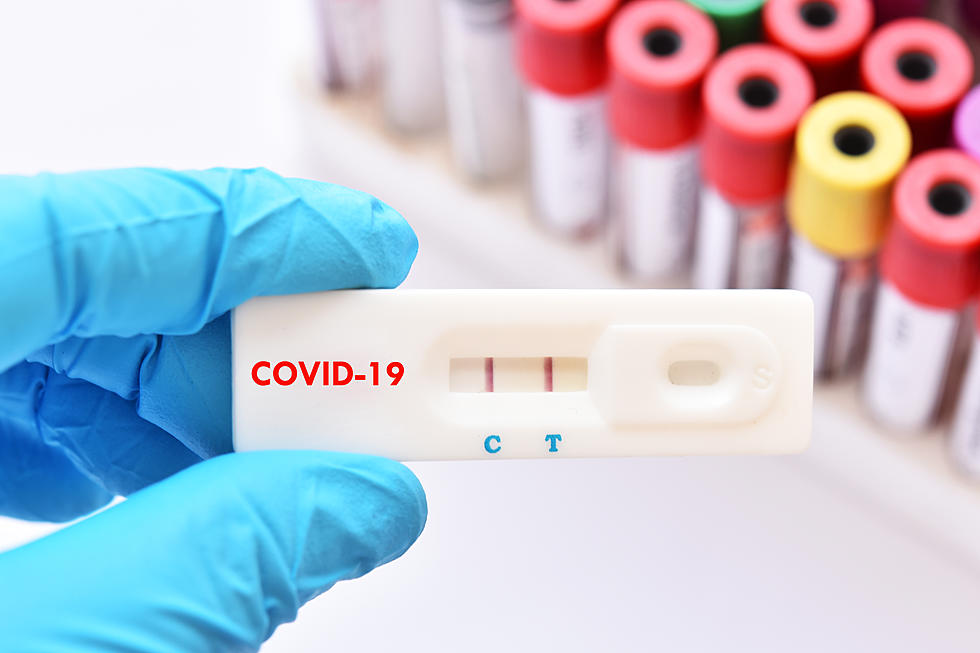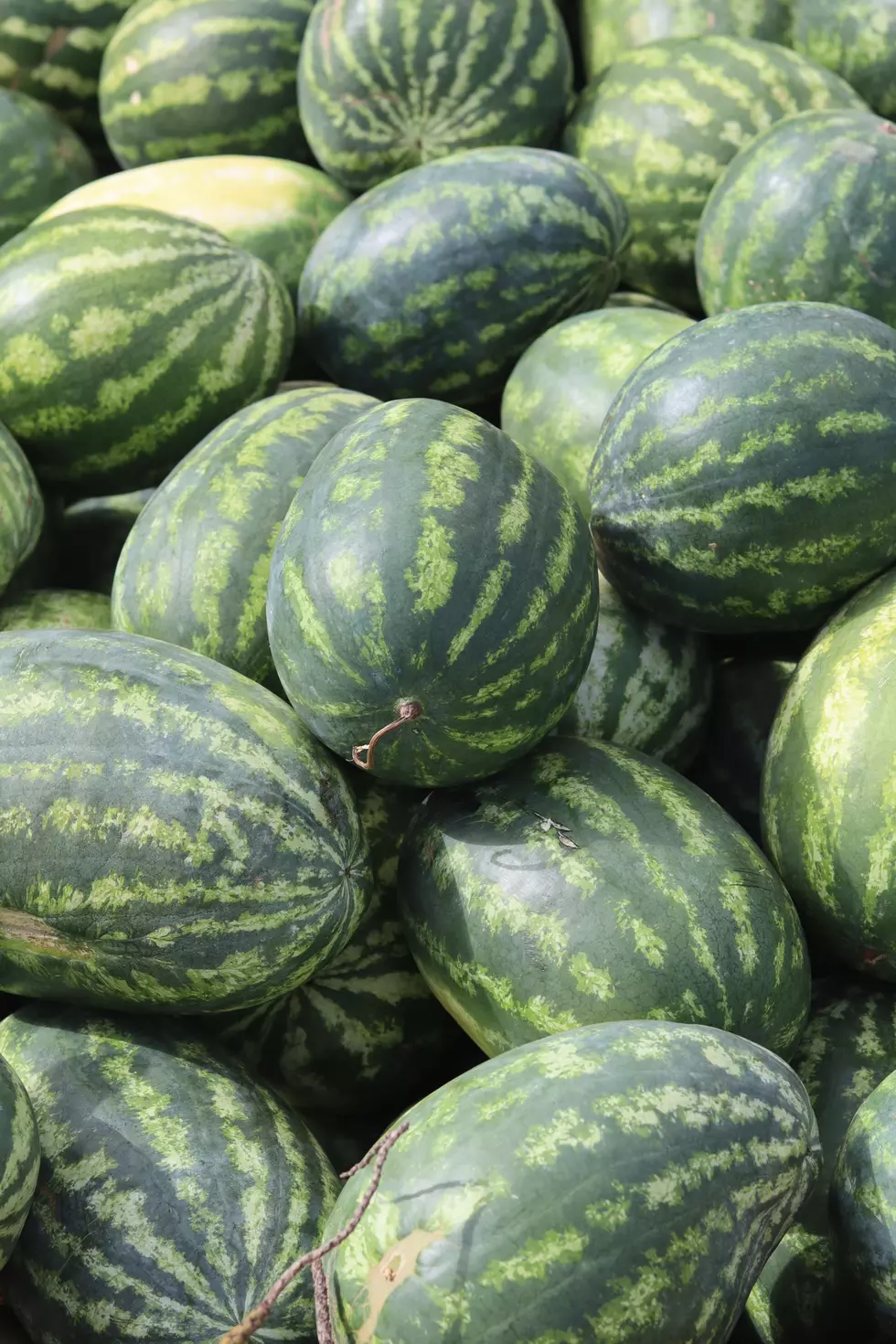
Lyme Disease Is A Growing Health Threat
If you spend a lot of time outdoors, especially in heavily wooded or grassy areas, your risk of getting Lyme disease increases. That is where ticks carrying this disease thrive, so it is important to take common-sense precautions. This year, in particular, weather conditions may result in a larger than average tick population.
This bacterial illness can lead to long-term medical conditions if not detected and treated early usually with antibiotics. We all know about the classic “bull’s eyes” rash left by the tick bite, but be aware, the rash does not occur in up to 30% of Lyme disease cases. So, many infected people have no idea there's a problem until they've had Lyme for weeks or even months later. Symptoms include fever, chills, fatigue, body aches, headache, neck stiffness, and swollen lymph nodes. If untreated, long-term effects of Lyme disease can lead to joint pain, numbness or weakness in the limbs, or even temporary paralysis of the face.
On the bright side, most tick bites do not cause Lyme disease and Lyme infection is unlikely if the tick is attached for less than 36 to 48 hours, that is why it is important to thoroughly check yourself after being outdoors in tick prone areas.
A new vaccine is in the works from Valneva and Pfizer. It targets six different types of diseases. Because of climate change and overgrowing populations, it will work better in broader geographies. The milder winters and wetter, warmer summers are likely to continue to provide large habitats for ticks for longer periods of time. Not everyone needs a vaccine for Lyme disease, but it will be recommended for people with high risk because of their occupation or time spent outdoors in tick-prone areas.
The 13 Best Foods to Boost Your Immune System to Fight Off COVID-19 Symptoms
The Top 20 Veggies with the Most Protein
More From Beach Radio










